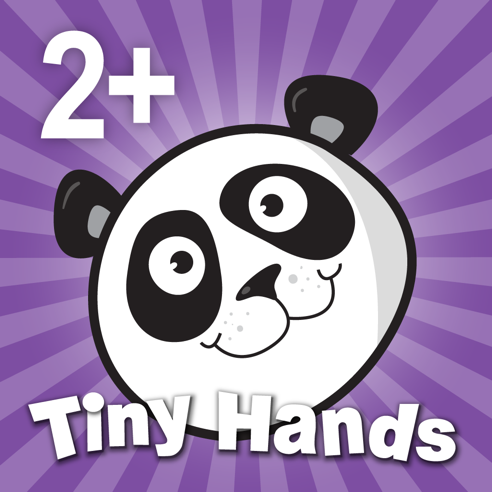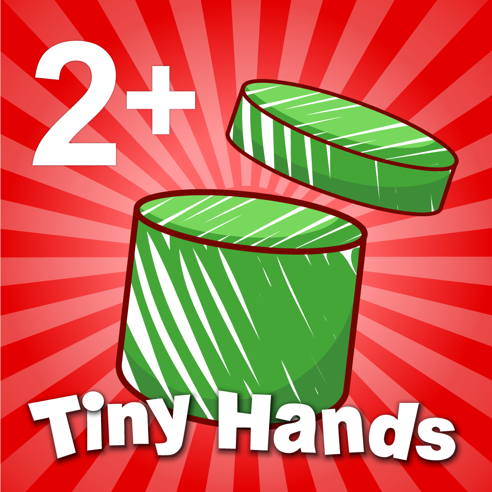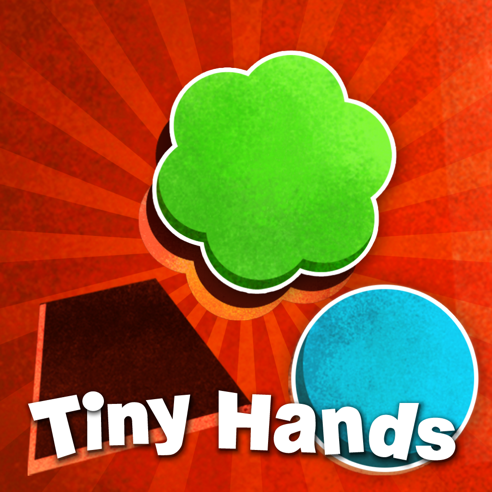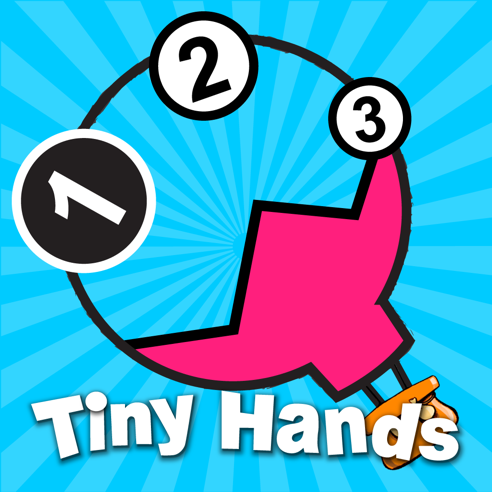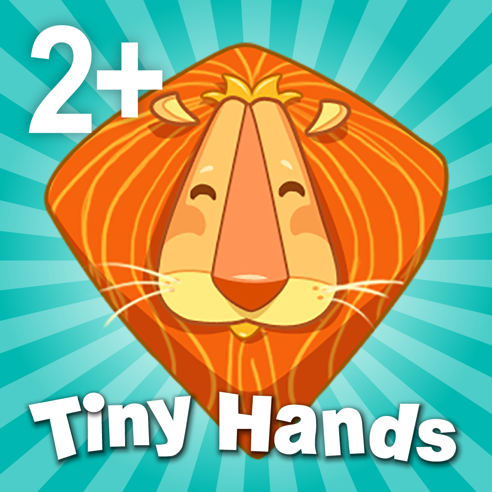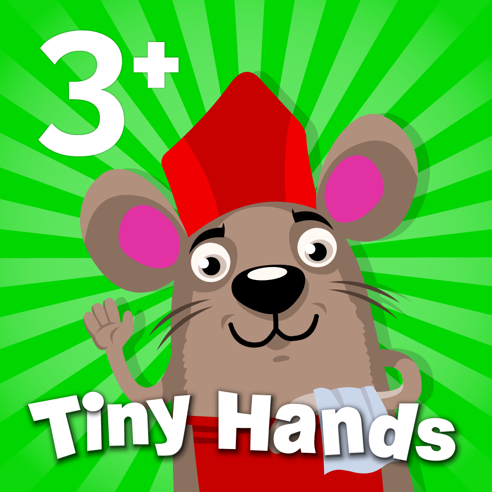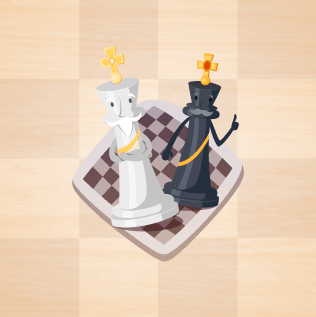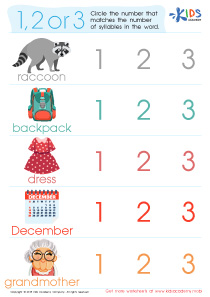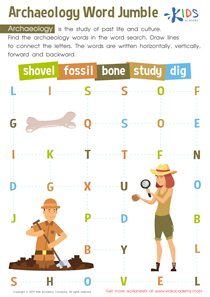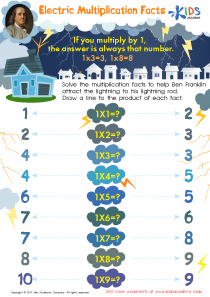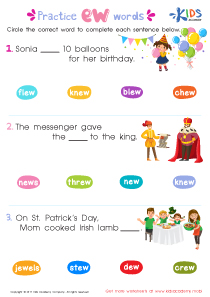Chess Games & Puzzles for Kids Games for 7-Year-Olds
1 results
Introducing our enchanting Chess for 7-Year-Olds collection, specially crafted to ignite the passion for chess in young minds. Tailored for children, our games blend interactive learning with fun, ensuring a captivating experience that builds strategic thinking and problem-solving skills. From engaging board setups to soon-to-be-launched web versions, we promise a seamless transition into the world of chess for your little ones. Perfect for beginners and budding chess enthusiasts, our collection makes the timeless game of chess accessible, enjoyable, and educational. Step into a world where every move is a new adventure with our Chess for 7-Year-Olds series.
In today's fast-paced world, where screen time often overshadows traditional learning methods, finding engaging and educational activities for children can be challenging. Yet, one ancient game is making a remarkable comeback in the digital age, proving to be as beneficial as ever for young minds: chess. Specifically, the adaptation of chess for 7-year-olds has opened a new horizon of cognitive and emotional development opportunities for children at a crucial stage of their growth.
Chess, a game known for its intricate strategies and deep concentration requirements, might not immediately seem like the perfect match for young children. However, recent developments in child-friendly chess games have transformed this perception, making it not only accessible but also incredibly beneficial for 7-year-olds. These games, especially designed with children in mind, combine the classic elements of chess with interactive and engaging content that captures the imagination and interest of young players.
One of the key benefits of introducing chess to children at this age is the significant improvement in cognitive skills it offers. Chess for 7-year-olds is not just a game; it's a brain workout. It encourages the development of problem-solving skills, enhances memory, and fosters logical thinking. The strategic planning required to play chess involves a high level of critical thinking and analysis, promoting a level of cognitive agility that can be applied to academic subjects and everyday life.
Moreover, these chess games are incredibly beneficial for developing social and emotional skills. Through interactive play, children learn the value of patience, as they must wait their turn and think ahead about their moves. They also experience handling winning and losing, which teaches them resilience and sportsmanship. Furthermore, as many of these games will soon be available to play on the web, they offer an excellent opportunity for children to engage in healthy, social interaction with peers from various backgrounds, fostering a sense of global community and understanding.
Chess for 7-year-olds also enhances creativity and imagination. Each game is a new adventure, with endless possibilities and outcomes. Children learn to think creatively, considering various strategies and outcomes. This ability to imagine different scenarios and outcomes can translate into better creative thinking skills in other areas of their lives.
The interactive nature of modern chess games for children adds another layer of engagement. Unlike traditional chess, which can be daunting due to its complex rules and long history, these games are designed to be intuitive and fun. They often include tutorials, challenges, and rewards that make the learning process exciting and rewarding. As a result, children are more likely to stick with the game, building a foundation for lifelong learning and development.
In conclusion, chess for 7-year-olds offers a multifaceted educational experience that can significantly benefit children's cognitive, social, and emotional development. Through interactive play and strategic thinking, children not only learn a valuable skill but also develop important life lessons in patience, resilience, and creativity. As these games become increasingly available on the web, the accessibility and opportunities for learning and growth through chess are bound to expand, making it an invaluable resource for parents and educators alike.
